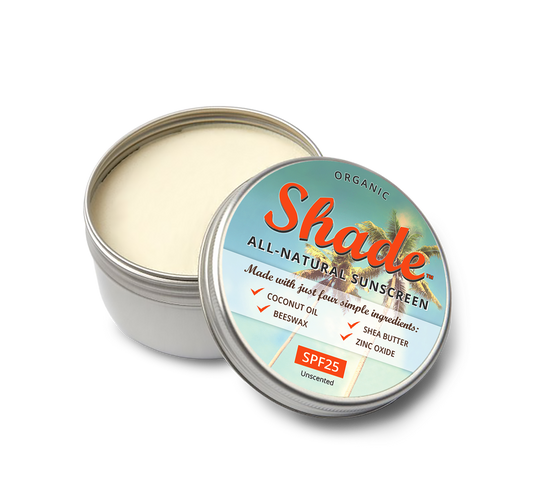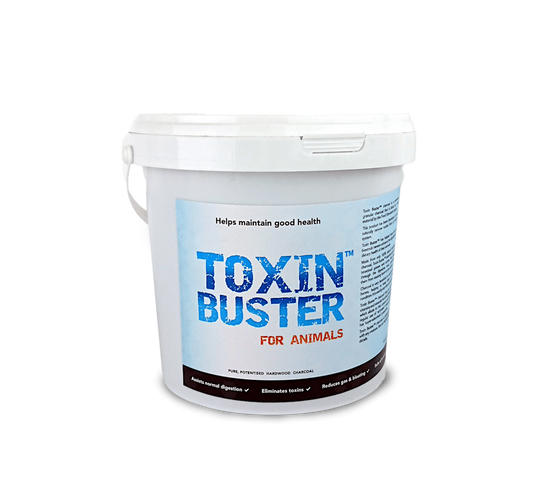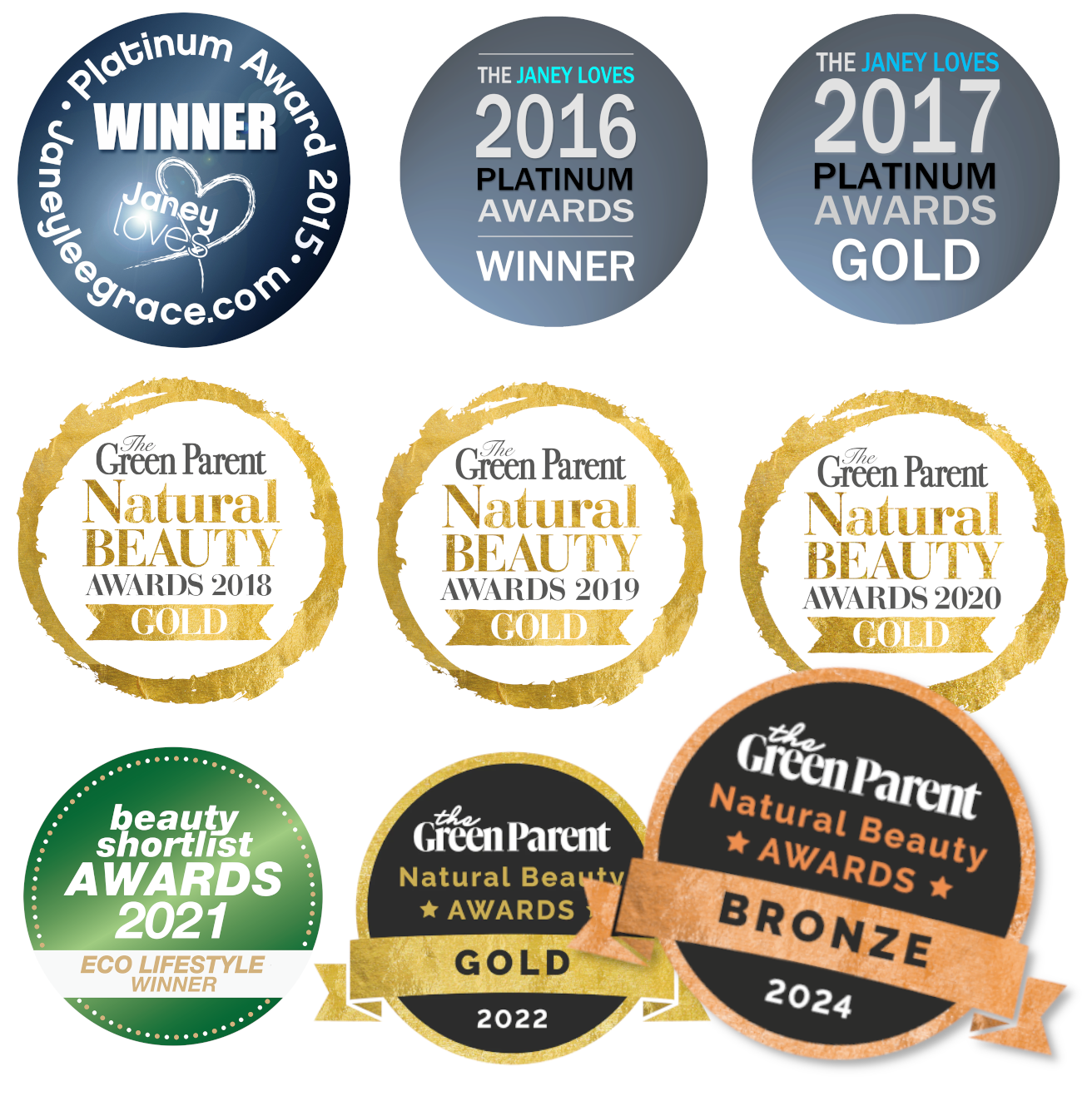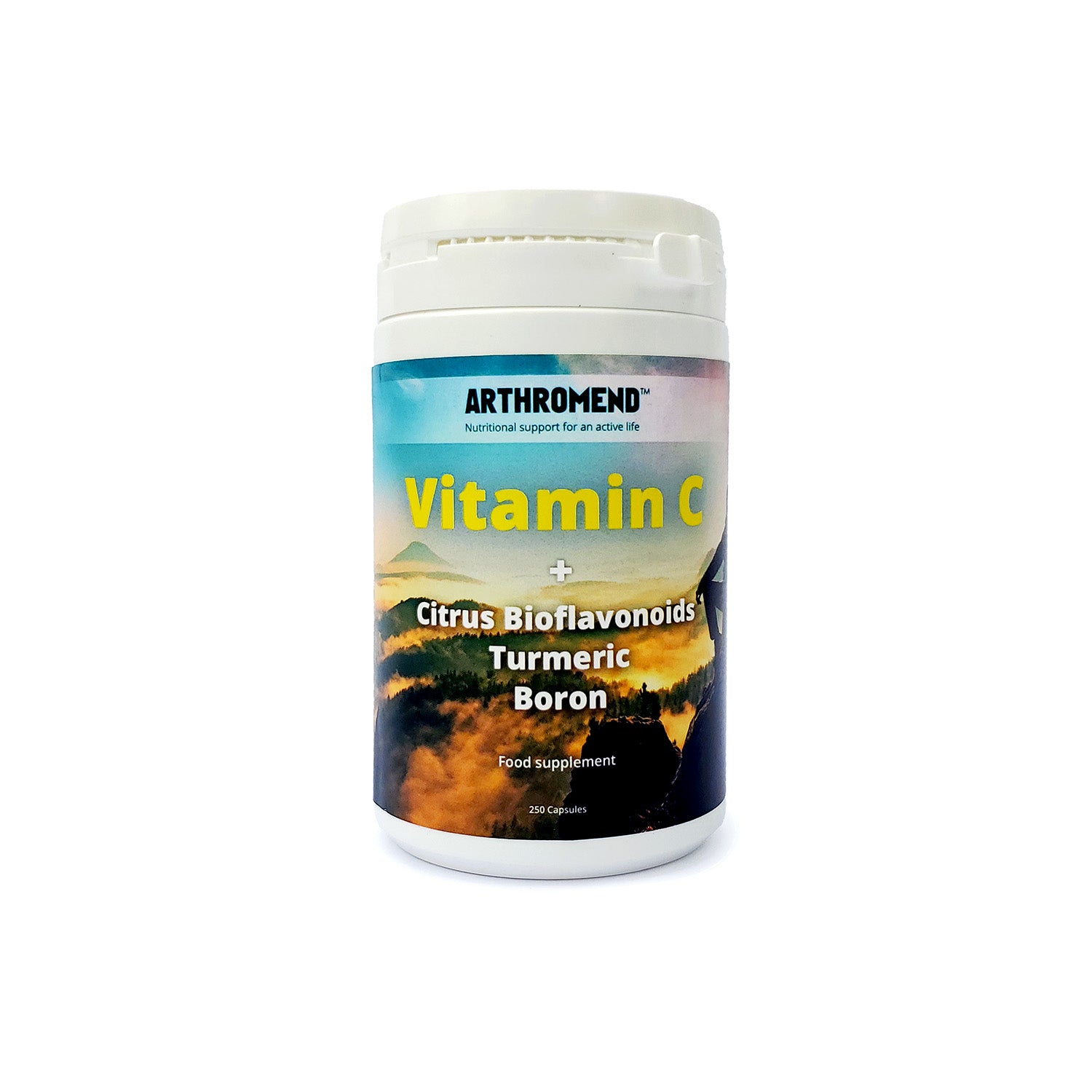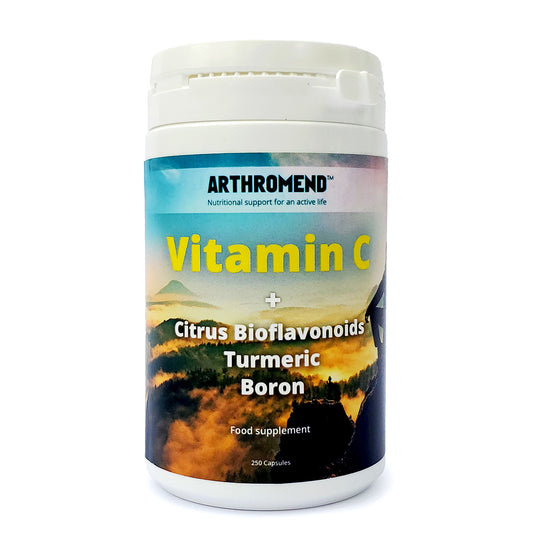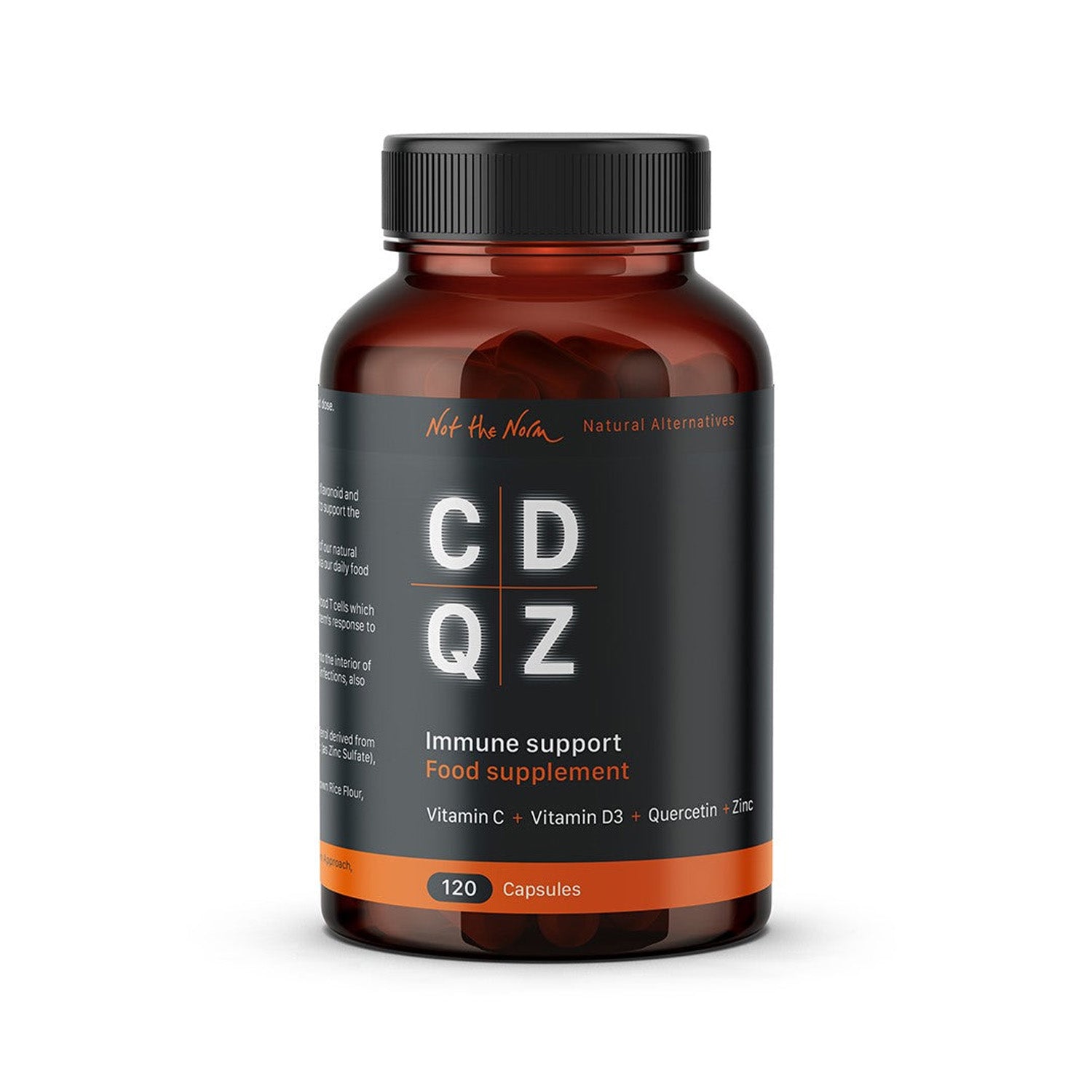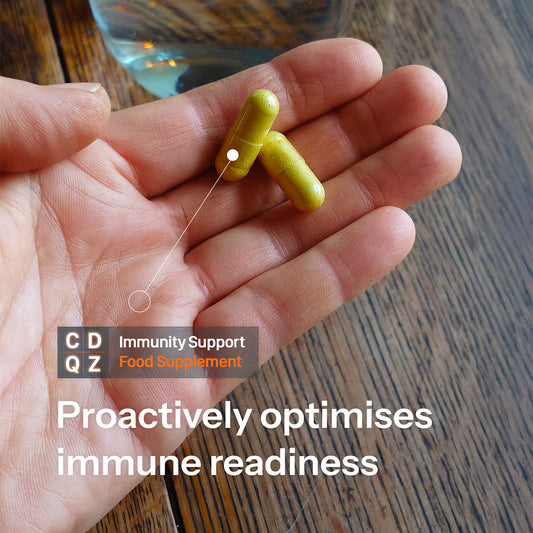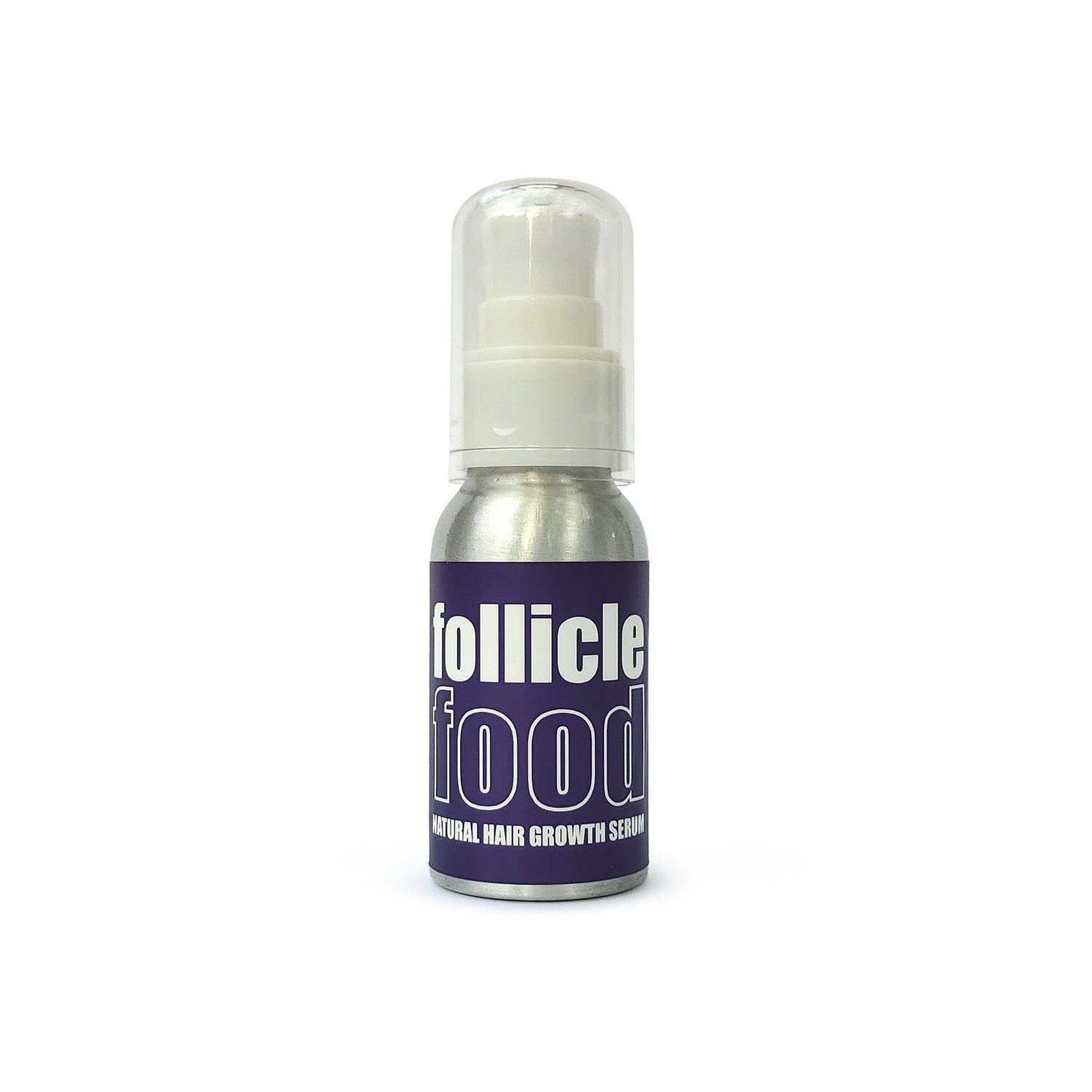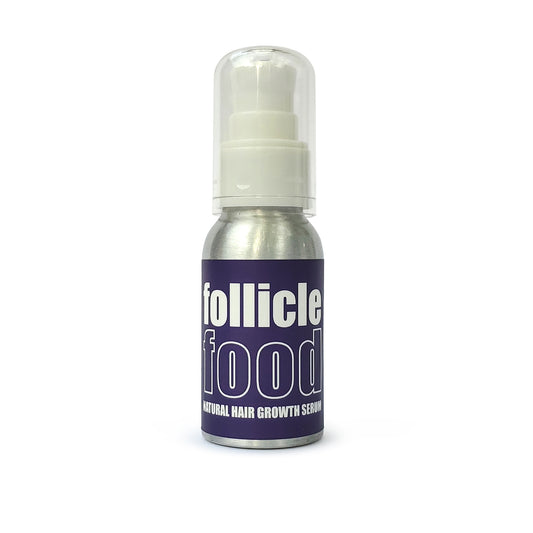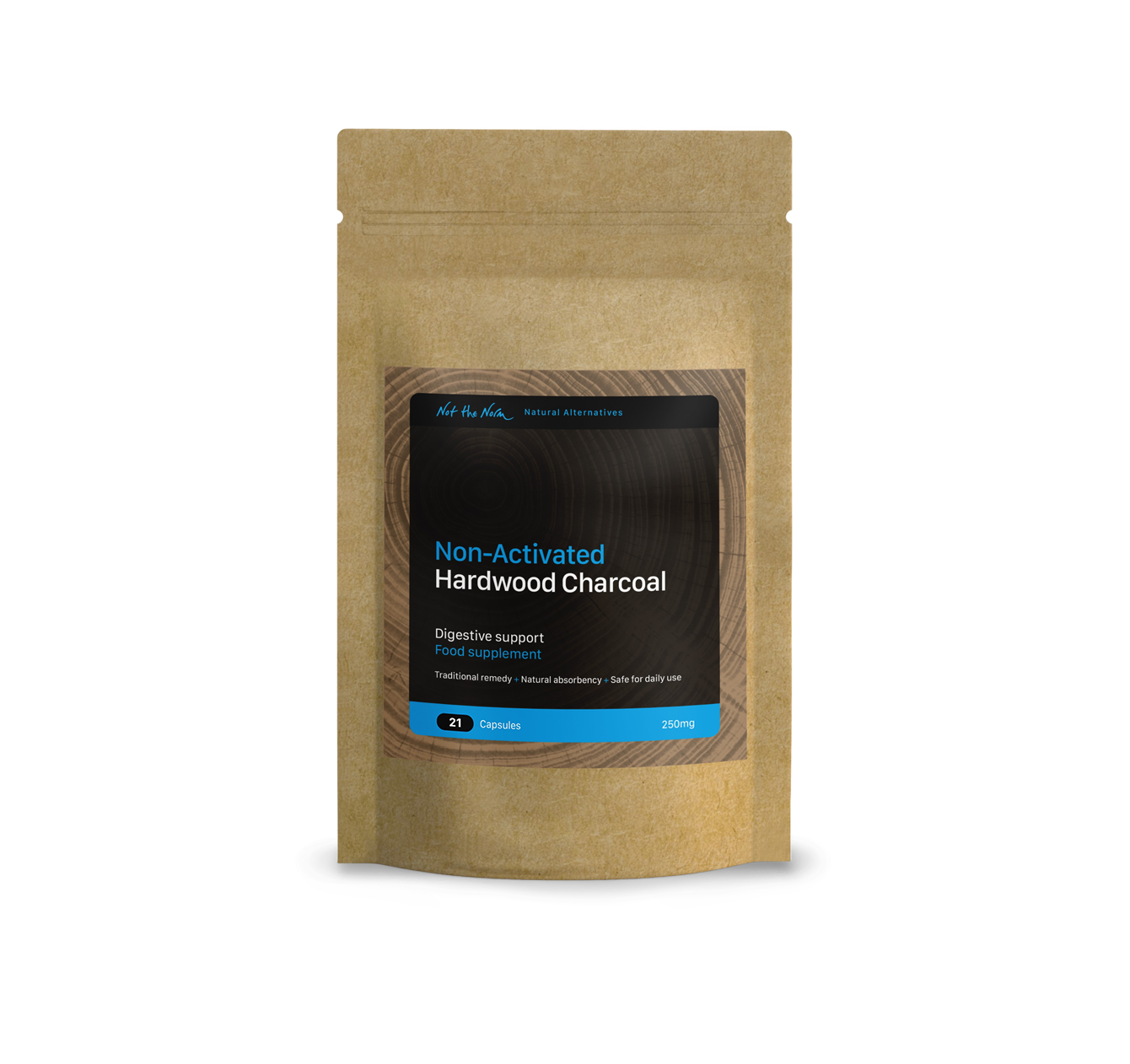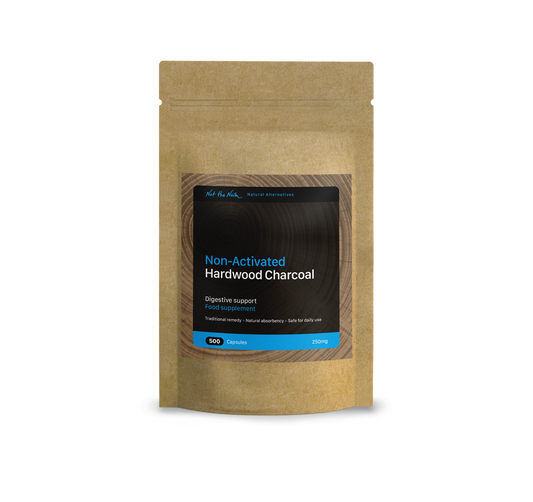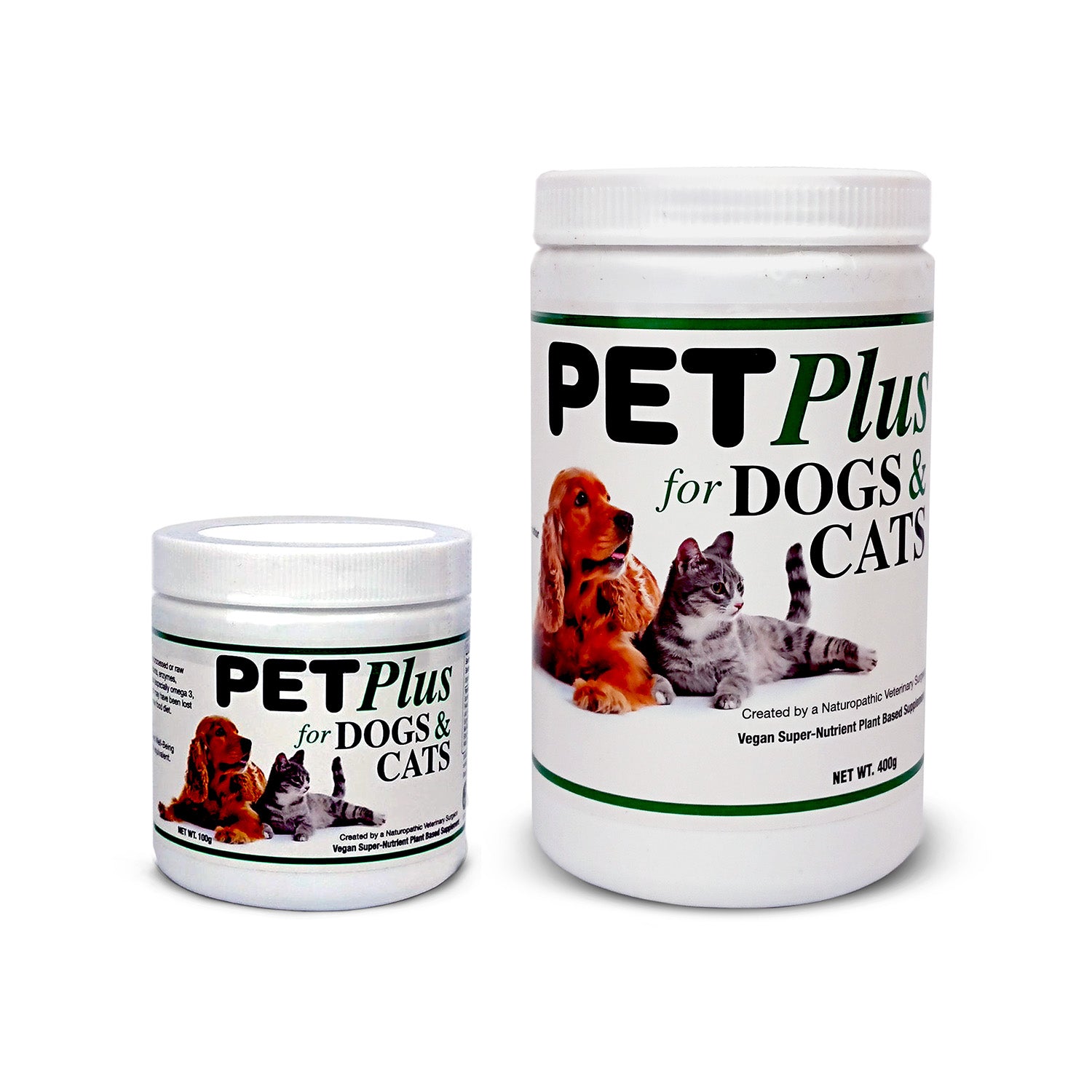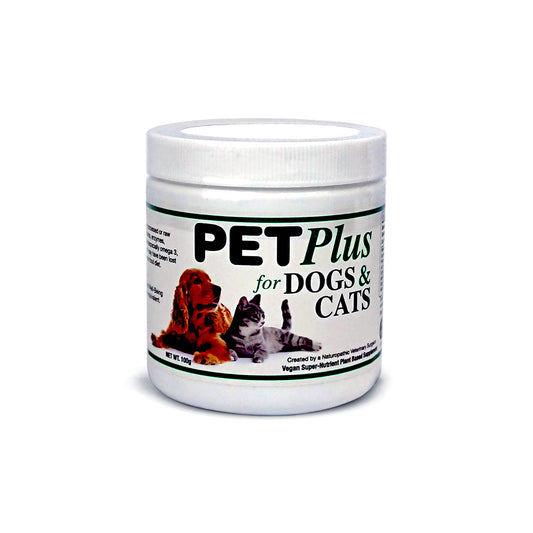When we feel like we’re coming down with a case of the sniffles, what’s the thing most of us reach for? Vitamin C! But what about zinc? Taking zinc in the first 24 hours of a common cold helps shorten the duration and severity of feeling unwell, so let's zoom in on zinc and look at why it's so important.
Zinc is the second most abundant micronutrient in the human body after iron. Zinc is an essential trace element which plays a major role in the creation of DNA, cell growth and cell division. The adult human body contains approximately 2.6g of zinc. Zinc is found and operates in every cell of the body and is especially important in the healthy function of our immune system.
What occurs to your immune system if you are deficient in zinc?
Firstly your Thymus gland starts to shrink (known medically as Thymic Atrophy). Your thymus is a small gland in the lymphatic system that makes and trains special white blood cells called T-cells. The T-cells help your immune system fight disease and infection.
A zinc deficiency creates defective white blood cells which impairs your immune system's ability to respond to infections effectively. This means you will increase the duration of the infection and increase your body's inflammatory response. In addition there is an increased level of oxidative stress (free-radical collateral damage) which makes you even more susceptible to infections and bacteria, setting you on a downward spiral of persistent or repeat bouts of infection.
Where can I get zinc?
As there is no dedicated compartment for zinc storage in the human body, zinc has to be continuously replenished by your diet. Zinc is absorbed by the body via the intestines.
Zinc can be found in many foods including red meats, poultry, seafood... oysters have a particularly high zinc content and so do pumpkin seeds.
But... there are certain things in our food which can lower the absorption of zinc called Phytates and Oxalates - Phytates can be found in cereals, breads, corn, rice and pasta (foods which are abundant in our Western diets) - Oxalates in foods such as spinach, almonds and chocolate. People who drink excessive alcohol also may not absorb zinc normally.
Like most things in your diet it is about balance and being aware that too much of any of these could steer you towards being zinc deficient.
Immune support
Zinc Ions are a non-fat-soluble mineral that can't move through the fat-based cell membrane. Therefore, it needs help to cross the cell membrane from special transport systems called ionophores. An ionophore has the ability to 'open the gate' to a cell to allow the zinc ions to be absorbed. This is where Quercetin comes in. Quercetin is a natural zinc ionophore.
Quercetin is a plant bioflavonoid found in many types of fruits and vegetables. It has powerful antioxidant and anti-inflammatory effects and has recently been studied for its potent antibacterial and antiviral benefits. Quercetin is one of the most abundant antioxidants in the diet and plays an important role in helping your body combat free radical damage, which is linked to chronic diseases.
Think about zinc
Our contemporary Western diets are largely impacted by cost and convenience these days. The options we have available to us are saturated by carbohydrate-based offerings everywhere you look; without careful consideration, it can be easy to not only fail to provide the body with the zinc levels it requires, but actively inhibit its absorption by not pairing it with the ionophore colleagues it needs to do its job. The importance of getting enough zinc is largely overlooked in mainstream health media, yet its role is crucial in maintaining a healthy immune system, so selective supplementation with a good quality, well considered brand, for the vast majority of people, is absolutely essential.


